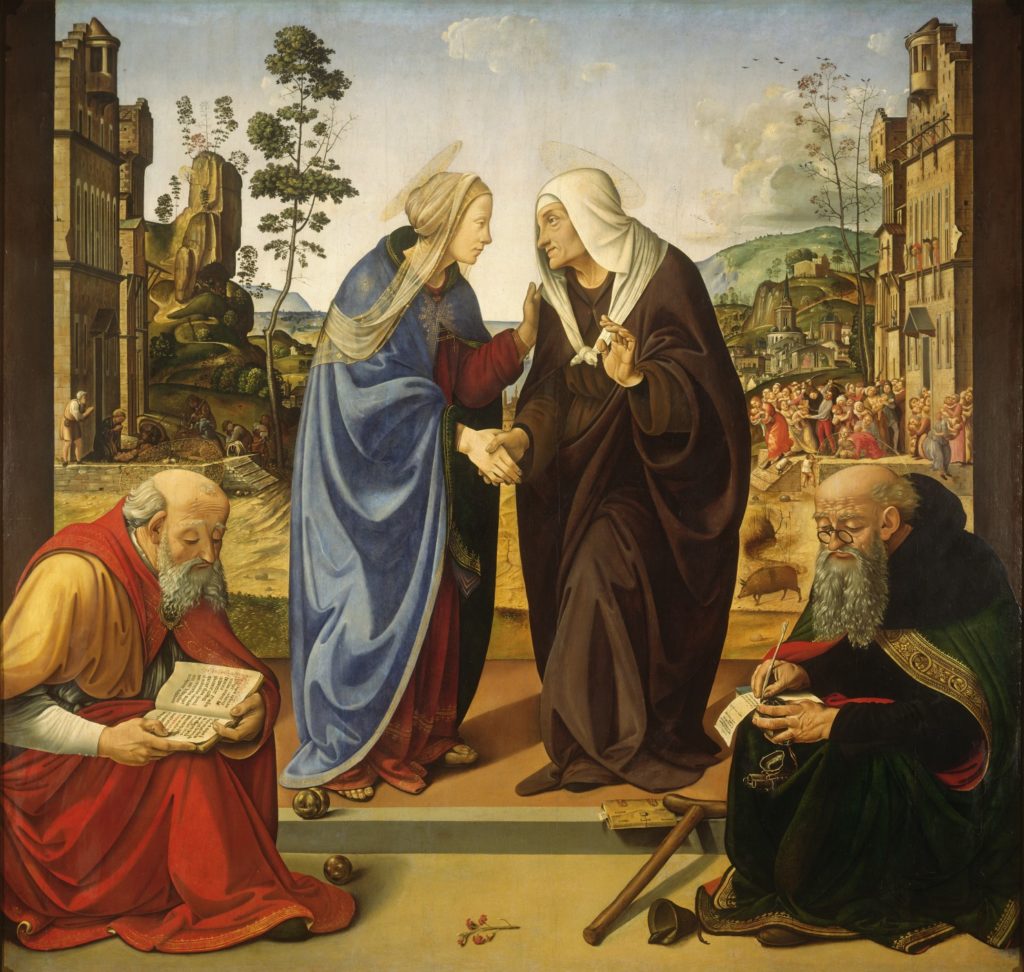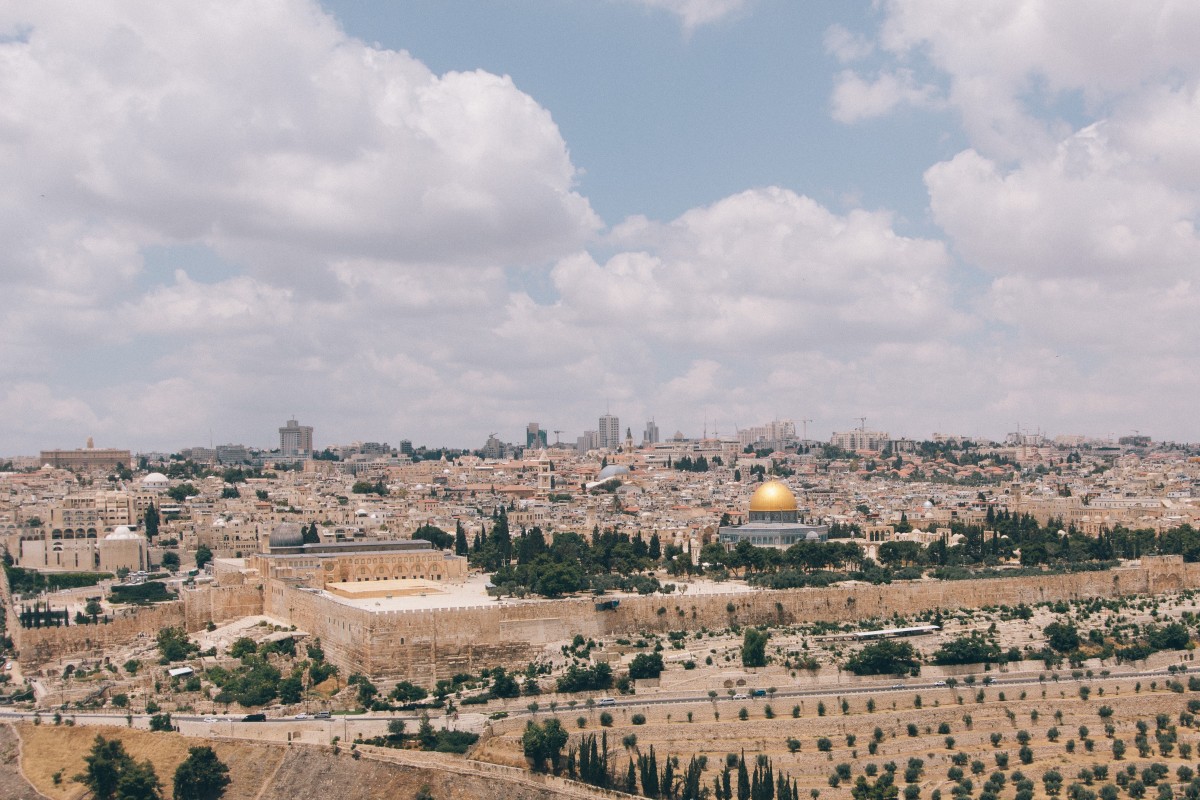Hebrews 2:1-4
“Now don’t lose it.” Remember Mom speaking those words to you when you were young? It was almost always after she had placed some treasure in your hands. Mom had entrusted you with it. It was her gift to you. And now you had one task: don’t lose it. It probably bothered you that she felt the need to say it, but, then what happened? If you’re like me, more than once you lost it. The Father has placed a treasure in our hands, or, rather, in our ears. He has entrusted to us such a great salvation that it is almost unimaginable that we should allow ourselves to lose it.
God has brought you to the holy ark of the Church, and He says, “Don’t drift away.” Be careful, because if you’ve ever drifted away from something, you know it happens gradually. You are resting on your air mattress out on the lake, soaking in the sun, listening to some music, when, twenty minutes later, you look up, and, oops, you’re in the middle of the lake. Don’t drift away. It starts simply enough. A compromise, a second-guess, an unwillingness to stand up in a little matter, and, before you know it, you’ve not only drifted from the ark, but lost sight of it. And, even then, all may not seem lost. Surely you can paddle back. But it turns out it’s not so easy, and every misstep that led to this quandary receives its just retribution.
Consider again the treasure placed in your care. Consider again the marvelous ark to which you’ve been brought, rescued from the choppy waters and hopelessness of this life. It’s only when you appreciate what you have and where you’ve been brought that you will be determined to hold on and not drift away. God wouldn’t have given you this treasure if He wanted you to lose it. God wouldn’t have brought you to safety if He wanted you to drift into danger. No, God did these things because He loves you. Let that love compel you.
We know ourselves, though, don’t we? We wouldn’t have needed grace if we were great at keeping our words, maintaining our focus, and holding on to what matters most. No, we are easily broken and easily break. We tune out, drift out, fall away. That’s the beauty of the gospel, though. We don’t grow out of our need for it. In fact, we grow into it. We don’t need Jesus less at ninety than at nine. We aren’t less a sinner at forty than we were at twenty-four. The sins change, our bodies change, times change, but our need remains the same. Thankfully, so does Jesus.
God’s gifts of the Holy Spirit and the Holy Spirit Himself are yours, and all of them point you to Jesus, grab you by your ears, anchor you. Christmas is drawing near. Our celebration of the Incarnation of our Lord draws nigh. Even so, the distractions grow, the stressors increase. God is speaking, though, amidst all of it. It’s easy for us, prone as we are, to drift, to lose, for our hearing fade.
That being true, nevertheless, and in spite of our weakness, His promises sound forth and as ever ring true. The Jesus who comes is Jesus for you, your Savior. I’ll tell you again, like Mom used to, “Don’t lose it.” But I won’t leave it there, because Jesus doesn’t. Let me tell you as well, “He has no intention of losing you.” You are His One, His treasure.
Wade Johnston
For more content like this, check out the podcast, blog posts, and devotions at www.LetTheBirdFly.com.
For more on Advent, check out our first pass at the season or our second, most recent, pass.
For more writing by Wade, you can find his books here and more blog posts here.










